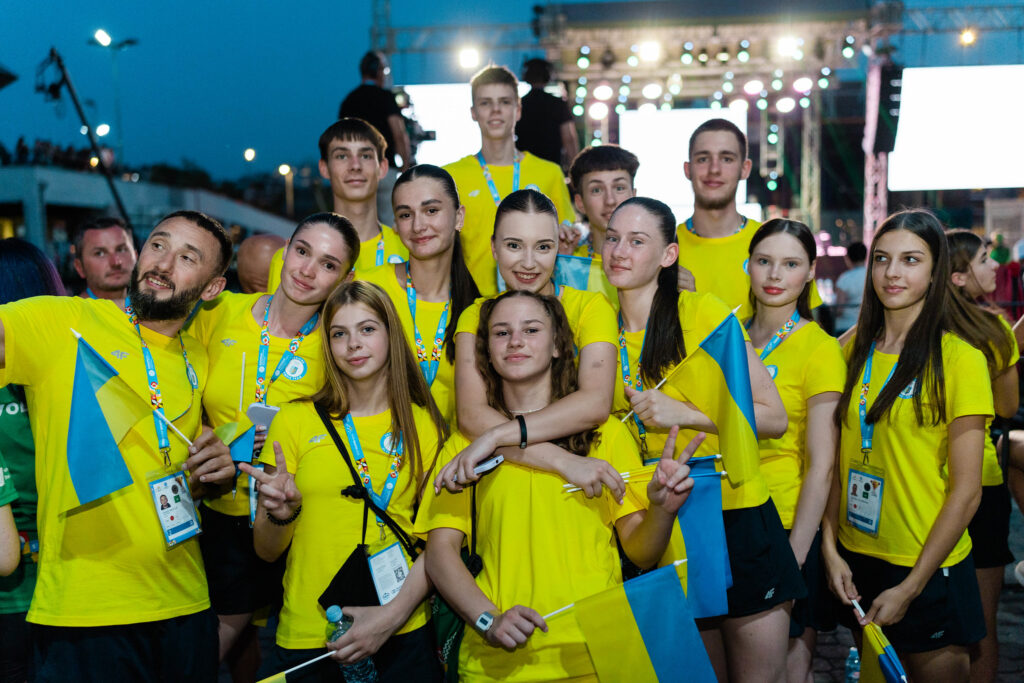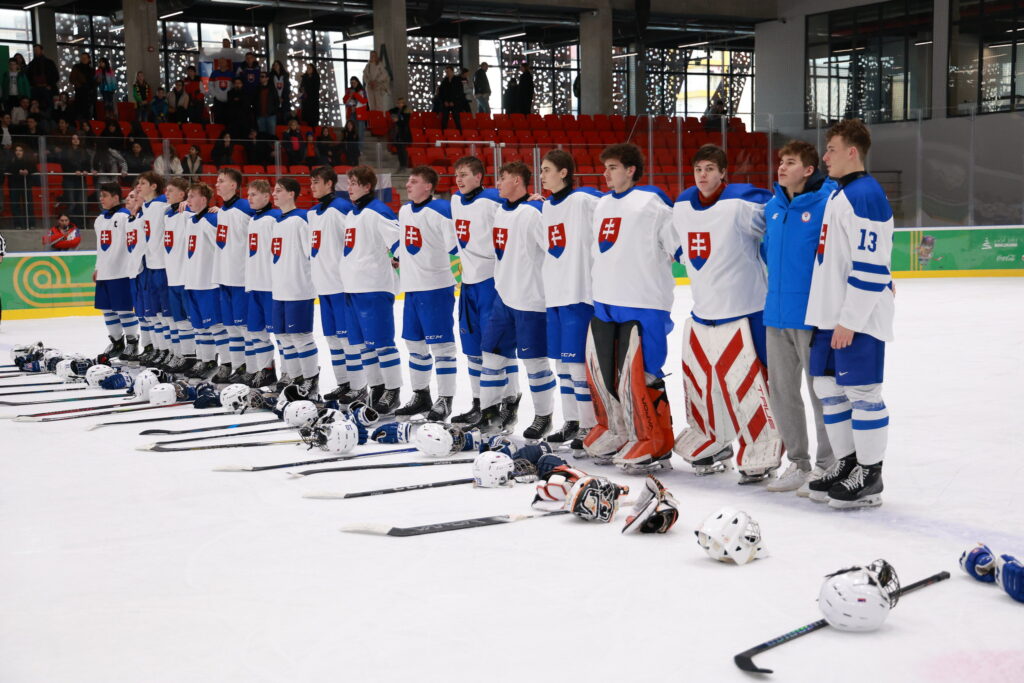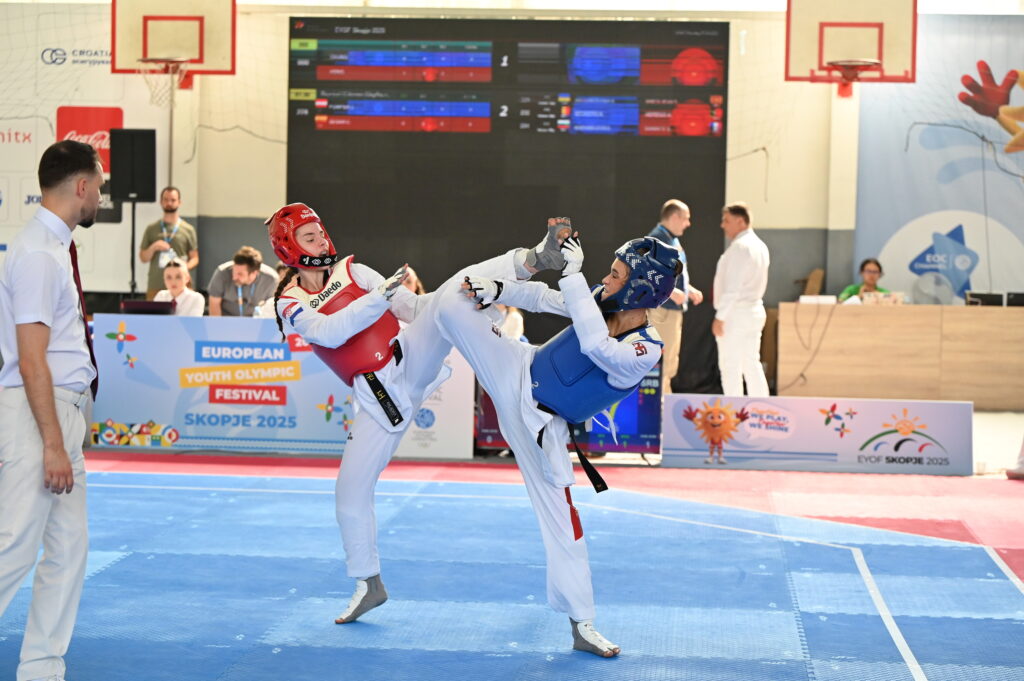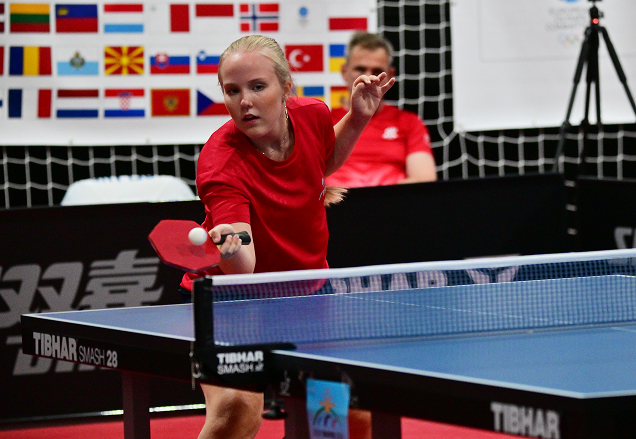On the Road to 2026: Building the Future from 2025
International sport moves in cycles, and major events never stand alone. Each competition is a stepping stone that links preparation, ambition and long-term vision. Across Europe and beyond, 2025 emerges as a decisive platform for two major objectives: Milano-Cortina 2026 and Dakar 2026. Within this context, Bakuriani 2025 and Skopje 2025 play a strategic and defining role.

From Bakuriani 2025 to Milano-Cortina 2026
Bakuriani 2025 has established itself as a key reference point in the winter sports calendar on the road to the Milano-Cortina 2026 Olympic and Paralympic Winter Games. The Georgian resort acts as a transitional stage between previous global competitions and the new Olympic model Italy is set to deliver in 2026.
Events held in Bakuriani allow athletes, coaches and federations to assess the true competitive landscape under demanding winter conditions. It is here that organisational systems are tested, competition formats refined and, crucially, emerging talents identified ahead of Milano-Cortina.
Bakuriani is therefore not merely a preparatory stop, but a natural milestone on the Olympic pathway. The experience gained in 2025 feeds directly into 2026, both in sporting performance and operational expertise.

Skopje 2025: A Prelude to the Dakar 2026 Challenge
Running in parallel, Skopje 2025 plays a different yet equally significant role in the build-up to Dakar 2026. The capital of North Macedonia positions itself as a hub for emerging sport, international projection and the development of competitive structures.
While Dakar belongs to a distinct sporting universe, its core values — endurance, strategy, adaptability and mental resilience — are forged well before the starting line. Skopje provides an ideal conceptual prelude, where these principles are cultivated through competition, preparation and long-term planning.
Skopje represents the starting point: young athletes, developing teams and nations seeking to strengthen their presence on the international sporting map. Dakar 2026 is the destination, where that preparation is put to the ultimate test.

Two Paths, One Shared Objective
Milano-Cortina 2026 and Dakar 2026 represent the pinnacle of two very different sporting worlds. Yet both are built on the foundations laid by Bakuriani 2025 and Skopje 2025. One reflects the tradition and evolution of Olympic winter sport; the other embodies the epic challenge of extreme competition.
The message is clear: success in 2026 is not improvised. It is shaped, tested and refined in 2025. Europe understands that every event matters, every host city contributes, and the road to the future begins long before the spotlight of the main stage.
The direction is set. On the road to 2026.










